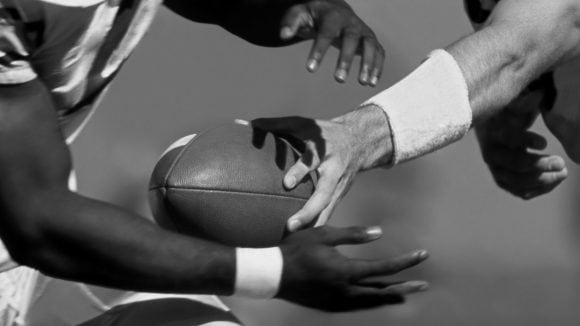Athletes and entertainers face unique wealth management opportunities, considerations and challenges. The athletes and entertainers we interviewed shared their personal stories and perspectives to highlight the need for more financial education in the sports and entertainment world. We thank them for being strong advocates of financial literacy.
Rushia’s advice
Rushia’s advice
“Athletes need to take a greater initiative in educating themselves about wealth management. You should never allow someone to blindly take care of your money.
You need checks and balances.”
Basketball is the lifeline
Rushia credits basketball with saving her life. When she was a freshman in high school, her father passed away from cancer. She started playing basketball, a sport they loved watching together, as a way to stay connected to him. “I was feeling suicidal, and sports was what saved me."
By the time she graduated from high school, Rushia was the number two female basketball recruit in South Carolina. However, her father’s death had put the family under financial strain. “We didn’t have much. We were robbing Peter to pay Paul.” With three children to take care of, her mother worked full-time but couldn’t afford to pay for college tuition. Rushia knew a basketball scholarship was her path to a good education. She was courted by Harvard, Duke and the University of North Carolina, but enrolled at Furman University in Greenville, SC to stay near her family.
A stellar college career
At Furman, Rushia became the school’s all-time leading scorer with 2,169 points and was named the National Collegiate Athletic Association (NCAA) Division I Southern Conference Freshman of the Year. She was inducted into Furman’s Hall of Fame in 1999 and the Southern Conference Hall of Fame in 2014. Her No. 34 jersey was retired and hangs from the rafters of Furman’s Timmins Arena. In 1994, Rushia was applying for jobs during her last year of college when an agent called about playing basketball overseas
in Europe.
I had to figure out who I was without the ball. People saw me in a certain way: Rushia, the basketball player. People would always go back to that.
Rookie mistakes
Playing professional basketball gave Rushia the opportunity to help her family. “I could provide some financial assistance for my mom and no longer be a burden. Making $5,000 per month was a big deal, after playing for free in college. I’d send money to my younger brother.” Her first year as a professional athlete was eye-opening. Like many college athletes, she was inexperienced with finances. Rushia’s contract seemed fine, until she started talking about money with the other players.
“I was on one of the top teams, but I was the lowest-paid player. I had left all the negotiating up to my agent.” Rushia learned that there was a lot of room for negotiation in sports contracts, from her salary to perks such as free round trip plane tickets to fly
Start here
Start here
Together, we can help establish the legacy you want to leave.
Browse more profiles
Browse more profiles






